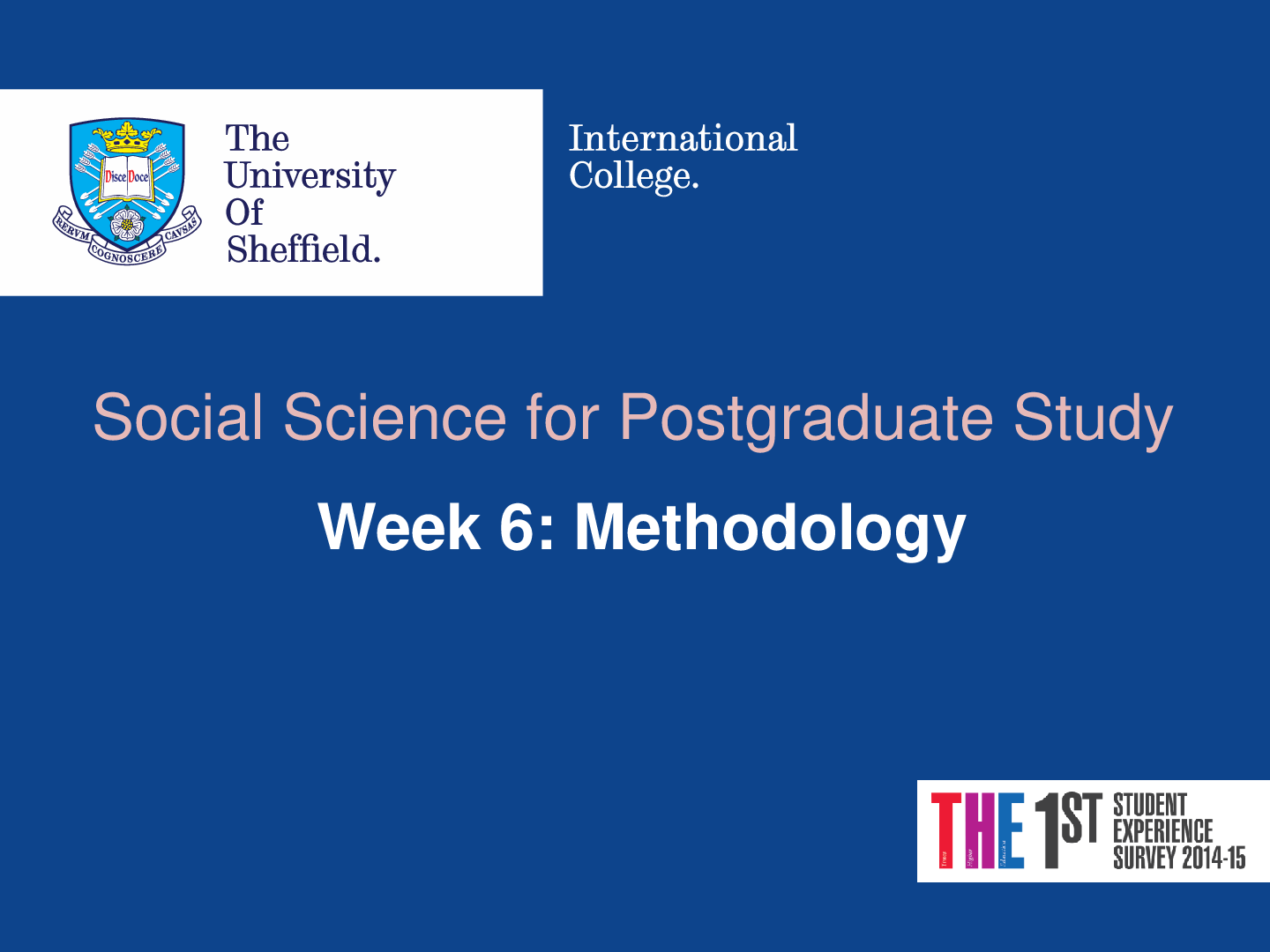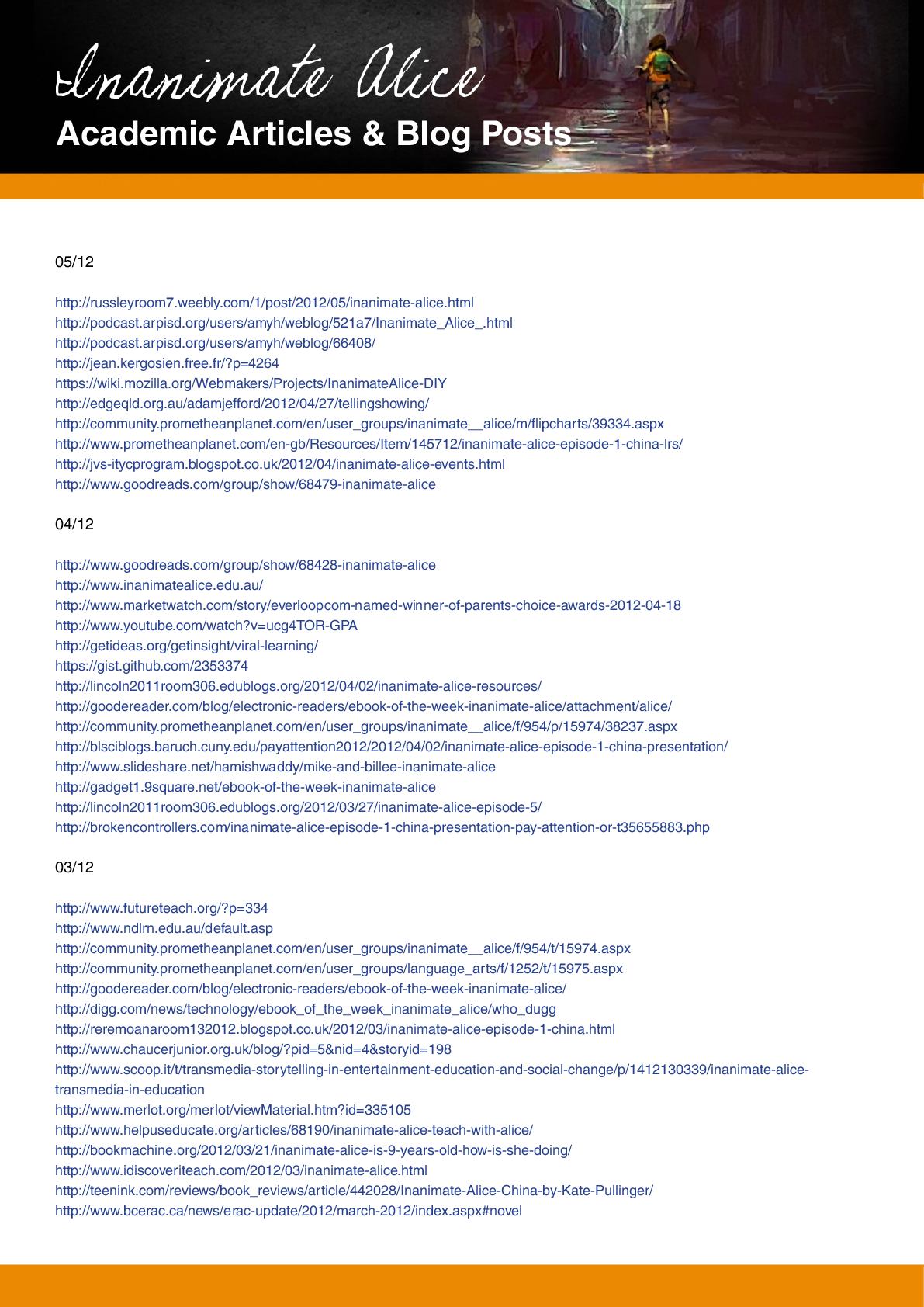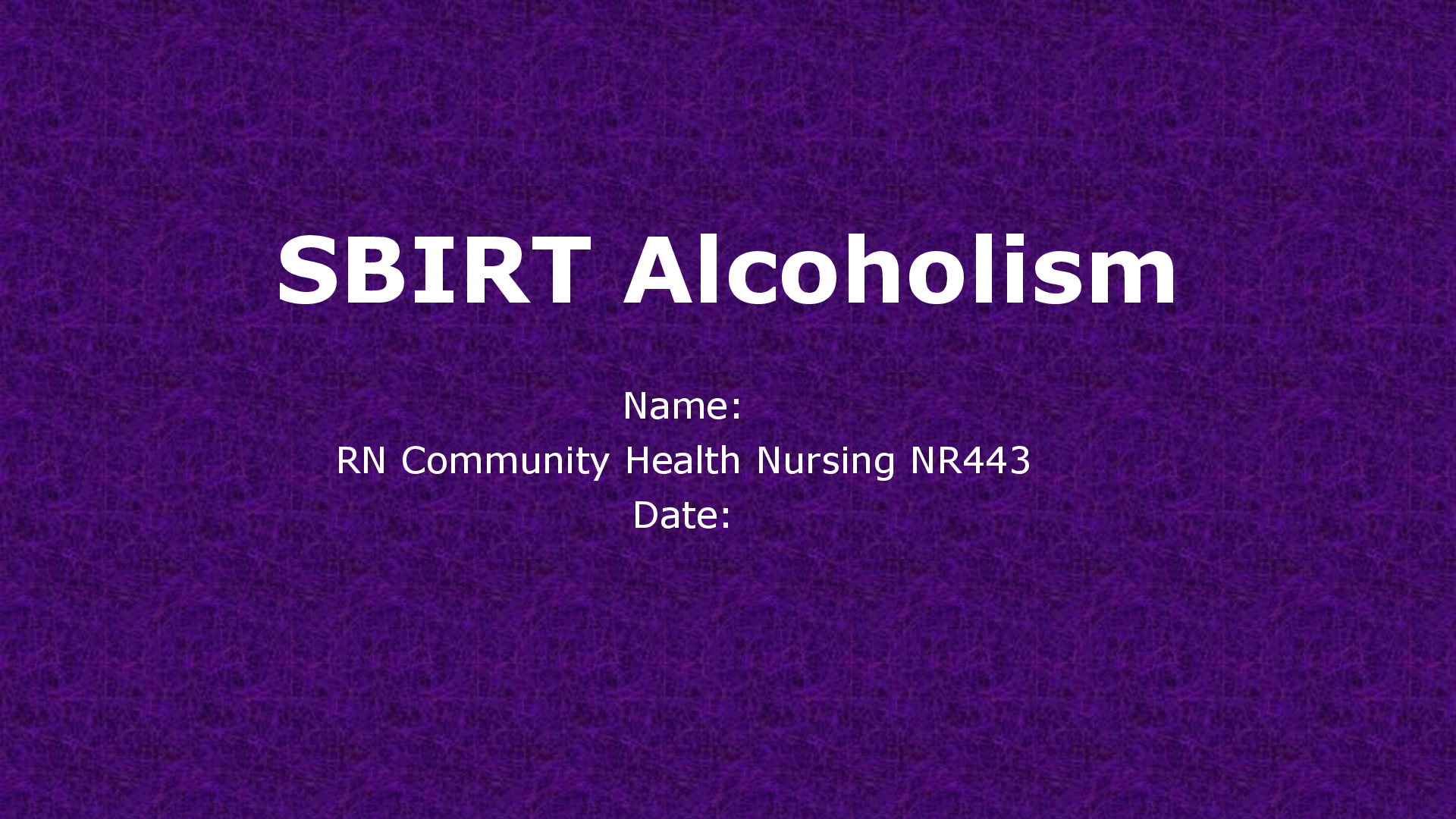Learning outcomes this week
2
• Understand what is meant by methodology and
methods;
• Understand the differences between quantitative
and qualitative research methods;
• Understand the links to ontology and episte
...
Learning outcomes this week
2
• Understand what is meant by methodology and
methods;
• Understand the differences between quantitative
and qualitative research methods;
• Understand the links to ontology and epistemology;
• Explore the possibility of mixed methods research;
• Apply the above to examples of social research.The module so far…
• This module has been focused on different
approaches to knowledge of the social world:
– Positivism
– Interpretivism
– Feminist Standpoint Epistemology
3The module so far…
• Therefore, we have been studying different
epistemologies – what these approaches say about
the kind of knowledge we can have of the world.
• Some familiar distinctions:
4
One single, external
reality
Socially constructed,
multiple realities
Objective knowledge Subjective knowledge
Facts values
Universal Situated (context-specific)The next stage of research…
• We have not examined the specific ways in which
that knowledge is gained.
• This week will introduce you to two new concepts:
– Methodology
– Methods
• It is important to understand how these two are
related, but also the differences between them.
5Methodology
• Methodology is:
– the explanation and justification of the methods
used to gain knowledge for a research project;
– the strategy a researcher uses to provide
knowledge to answer a research question.
• Methodologies should be judged by their ability to
credibly (= believably) answer the research question.
6Research Methods
• Methods: Techniques for collecting and analysing
data for a research question.
• 2 main types:
7
Quantitative Methods Qualitative Methods
Aim to establish objective
facts and theories through
the collection and analysis
of numerical / statistical
data.
Aim to understand the
experiences and
interpretations of social
agents and situate (locate)
them in context.Quantitative and Qualitative Methods
8
Feature Quantitative Qualitative
Aim Collection / analysis of
numerical data
Find out individuals’
interpretations
Focus Explanation Exploration
Scale Large scale Small scale
Scope General In-depth
Examples • Surveys:
• Questionnaires
• Closed-ended
interviews
• Statistics
• Open-ended interviews
• Focus groups
• Participant observation
• Case studyMethodology and Methods
• Important point: methodology focuses on the
reasons for the choice of method, and so it should
not be confused with the actual methods of
research themselves.
• Therefore: the methods we use to gain knowledge
will be guided by the methodology.
• Methodology also relates to the philosophical
concepts of ontology and epistemology.
9Linking the Philosophical Concepts
10
O
• Ontology
• What exists? What is real?
• Epistemology
• What can we know about this reality?
M
• Methodology
• How can we gain that knowledge?
• Methods
• Specific techniques used to collect / analyse dataLinking the Philosophical Concepts
• As we know, people understand the world in
different ways – they have different ontological
perspectives
• Fundamental ontological question:
Do social entities (e.g. society, culture, class) exist
objectively and independently of individuals
OR
Are social entities social constructions based on
the subjective perceptions of individuals?
11Linking the Philosophical Concepts
12
Objectivist Ontology
Reality exists independently of
individuals
Positivist Epistemology
‘Scientific’ knowledge of
social phenomena
Scientific Methodology
Discovery and testing of scientific
laws of social phenomena through
observation
Quantitative Methods
Surveys, questionnaires,
statistical analysis
Subjectivist Ontology
Reality is socially constructed
Interpretive Epistemology
Subjective meaning
individuals attach to social
behaviour
Interpretive Methodology
Exploration of interpretations
in specific contexts
Qualitative Methods
Interviews, participant
observationMethodology and Research Questions
• The methodology (and therefore the methods)
chosen will depend on the research question asked.
– The questions we ask will be guided by our
ontological perspective.
– This will then guide the methodology we chose.
• We will now look at some examples to show how
this works in practice:
– Crime
– Religion
13Example: Crime
Research Question 1:
What is the effect of crime rates on business
location?
• Ontology: Objectivist
• Epistemology: Positivist
• Methodology: Scientific
• Methods: Statistical analysis; survey
14Example: Crime
• Research Question 2:
How do residents of high crime rate areas
perceive their environment?
• Ontology: Subjectivist
• Epistemology: Interpretive
• Methodology: Interpretive – Ethnography
• Methods: Participant observation, openended interviews
15Sociology of Religion
Research Question 1:
What is the relationship between rates of belief in
a god and levels of violence in society?
• Ontology: Objectivist
• Epistemology: Positivist
• Methodology: Scientific
• Methods: Statistical analysis
16Sociology of Religion
• Research Question 2:
What does god, religious worship and prayer
mean to people?
• Ontology: Subjectivist
• Epistemology: Interpretive
• Methodology: Interpretive – Phenomenology
• Methods: Open-ended interviews, focus
groups
17Is it possible to combine methods?
• Some social researchers have proposed and
applied the combining of quantitative and qualitative
research methods.
• Other researchers claim that this is not possible on
a philosophical basis.
• We will now briefly examine:
– arguments for and against this;
– How combining methods could be done.
18Against Combining Methods
• A|s we have seen throughout the module, ontology
influences epistemology.
• Earlier we saw how epistemology influences
methodology and methods.
• Therefore, the choice of research method shows a
commitment to an epistemological position:
– For example, participant observation is
consistent with interpretivism, but not positivism.
• This is called the ‘embedded methods’ argument.
19For Combining Methods
• Researchers who support combining methods do
not focus on the philosophical links.
• Instead, they emphasise the technical usefulness
of combining research methods for knowing and
understanding social phenomena.
• There is a focus on the strengths in data collection
and data analysis that both quantitative and
qualitative methods can bring to social research.
• Let’s explore this further…
20Reasons for Combining Methods
• Triangulation
– Using more than one research method in the
study of social phenomena.
– This increases confidence in research findings.
• Completeness
• A more complete answer to a research question
can be achieved by combining.
• The gaps in knowledge left by a quantitative
method can be filled by a qualitative method.
21Example of Combining Methods
• Two-phase design: separate quantitative and
qualitative phases.
• Research Question:
Does the American public think Barack Obama is
doing a good job as President?
• Phase 1 – Quantitative: large-scale, populationwide survey;
• Phase 2 – Qualitative: focus groups and interviews
to focus on particular social groups for more indepth information.
22Summary
• Methodology = the explanation and justification
of the methods used to gain knowledge for a
research project.
• Methods = Techniques for collecting and
analysing data for a research question.
– Quantitative and qualitative
• Methodology does not mean the same as methods.
23Summary
• The methodology and methods we chose will be
influenced by the research questions we ask and
therefore our ontological and epistemological
perspective.
• However, more recently some researchers have
used a mixed-methods research strategy
– Combining quantitative and qualitative research
methods.
24
[Show More]




















 (1).png)





